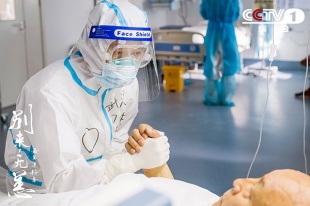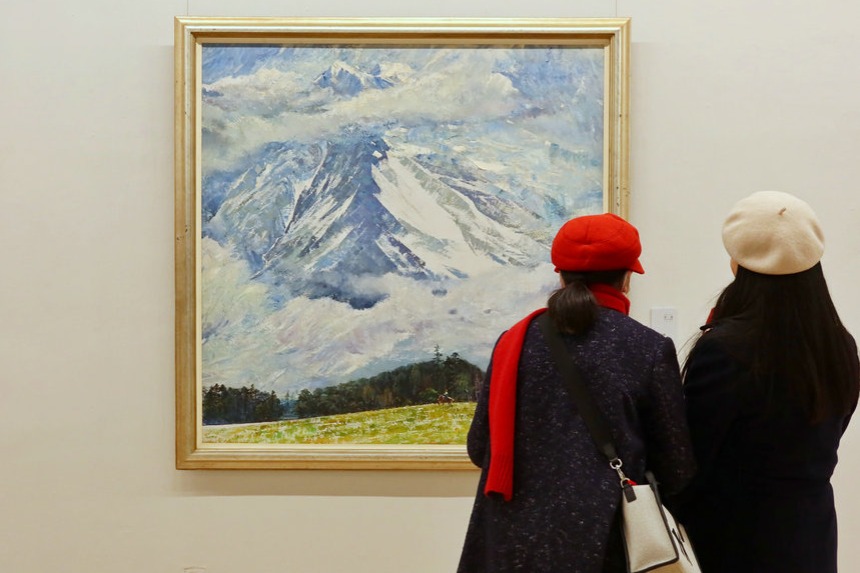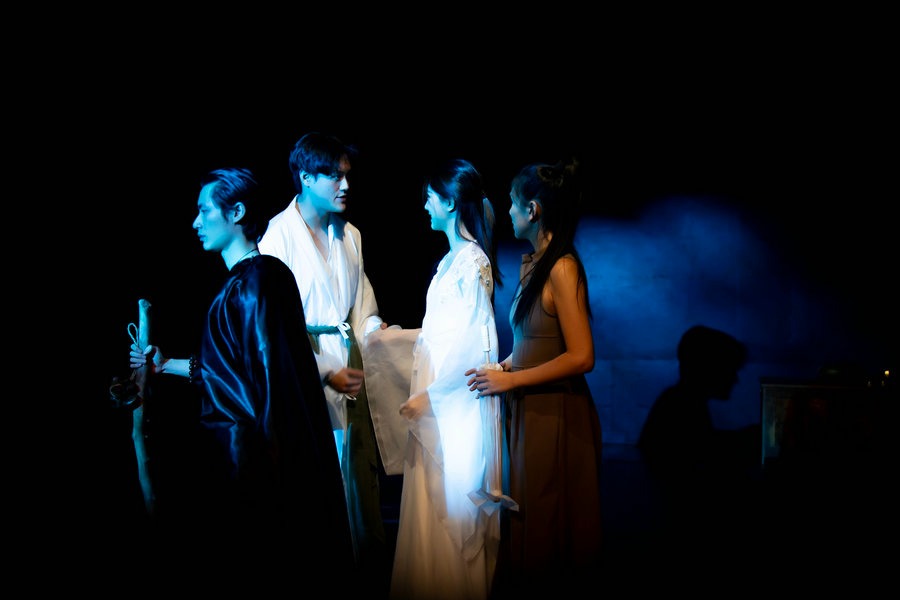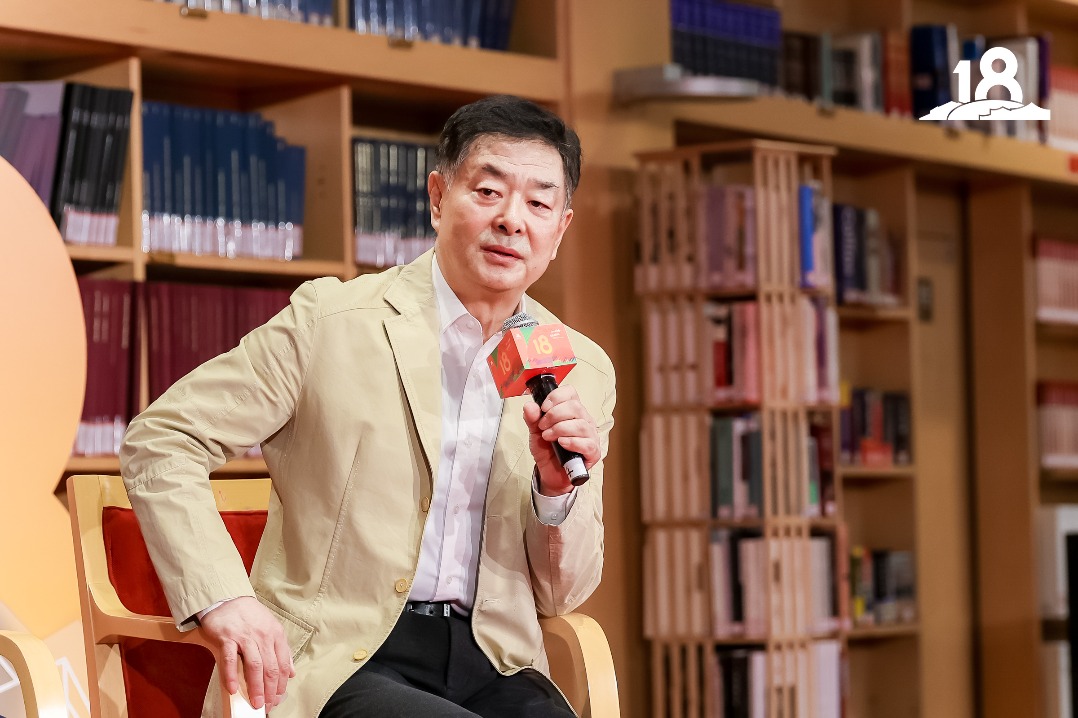Ordinary heroes on the small screen
A new TV drama chronicles how regular people joined the fight against COVID-19 from the front line in Wuhan during the outbreak's early days, Xu Fan reports.

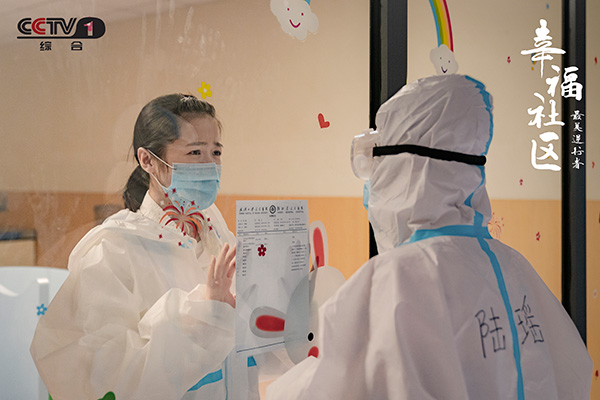
The series also portrays brave and optimistic youth.
The third episode, The Amazing Rabbit Uncle, for example, centers on a young cartoonist stranded in Wuhan. The story follows his unlikely journey to volunteer as a cleaner in a local hospital, who cheers up children infected with the novel coronavirus with his heartwarming paintings.
"In this episode, we tried to add some animations to create a lighthearted tone," Ju says.
One of the biggest challenges was filming a railway scene for the episode.
The crew's 60-odd members had to ride a bullet train from Beijing to Qingdao, shooting at a transit station for less than 30 minutes.
In early February, Wuhan built two makeshift hospitals-Huoshenshan and Leishenshan-with a total capacity of 2,600 beds in around 10 days. Besides, the city transformed large venues into 16 makeshift hospitals, which were used to treat patients infected with the novel coronavirus but showed mild symptoms.
This enhanced local confidence in epidemic control and eased pressure on hospitals.
This is also featured in the series, with one episode revolving around doctors and patients at one of the mobile cabin hospitals.
Communication University of China professor of television-program research Li Shengli says the drama will earn significant status in the history of Chinese TV, despite some shortcomings mainly due to time constraints in its creation.
"China's TV screens have long been dominated by powerful people, from emperors to tycoons," Li says.
"But this drama highlights the contributions and dedication of ordinary people-the heroes of our era-in China's early efforts to fight the epidemic."


